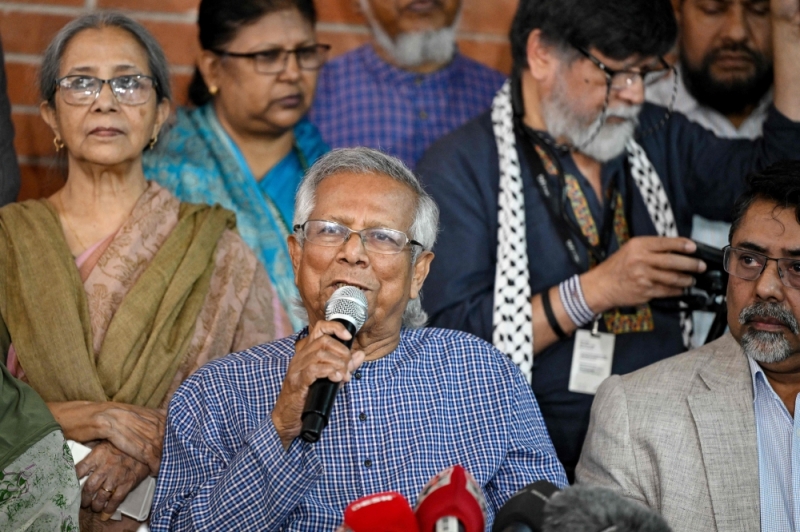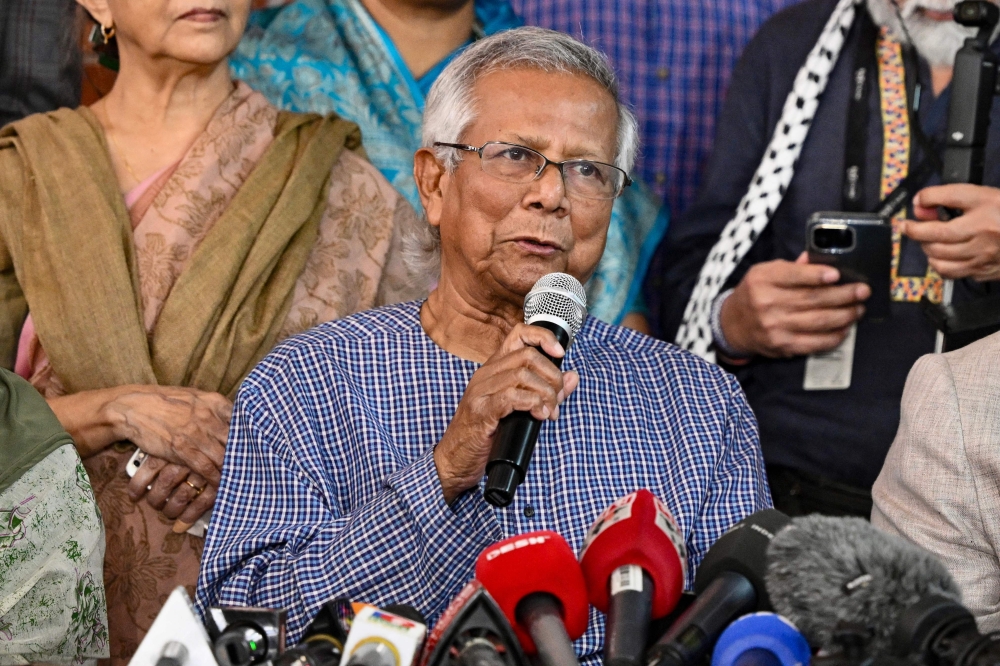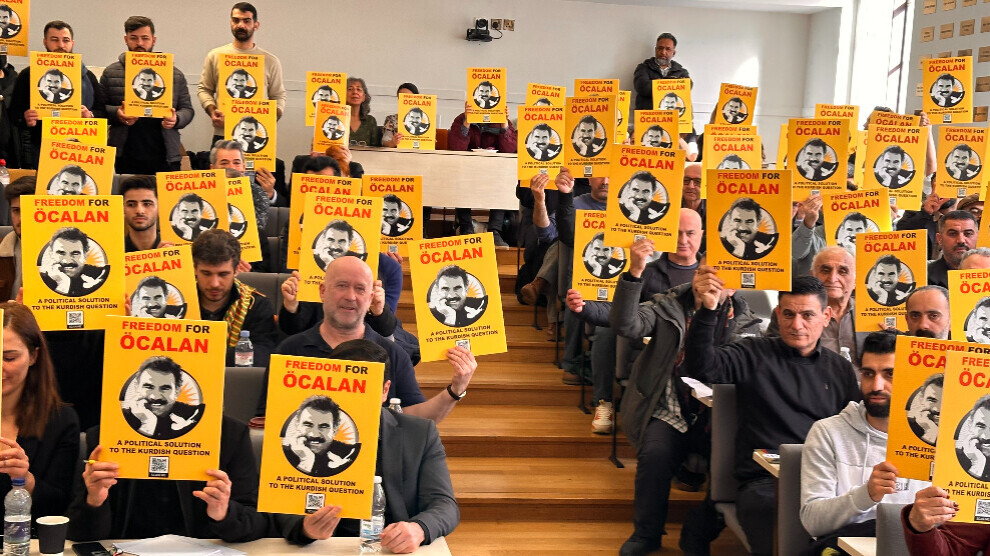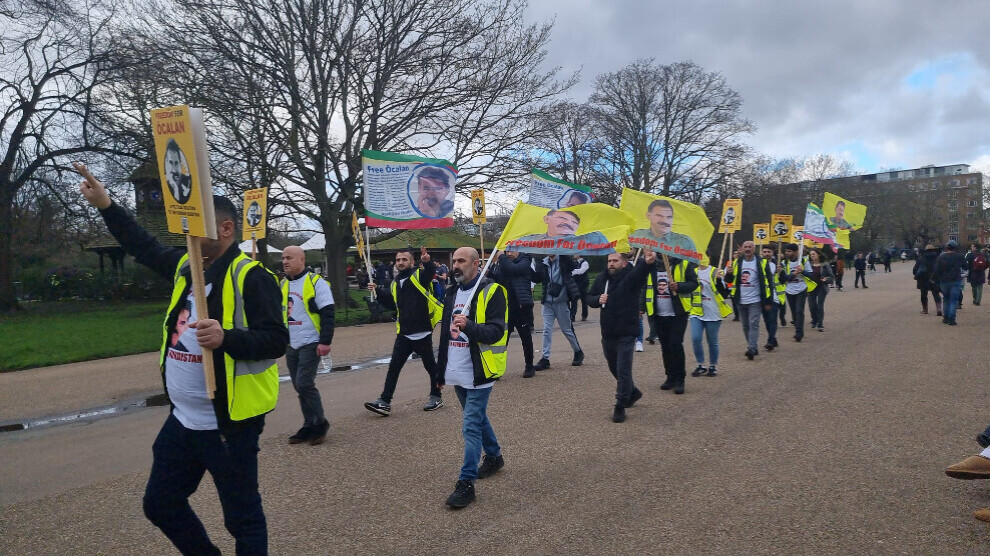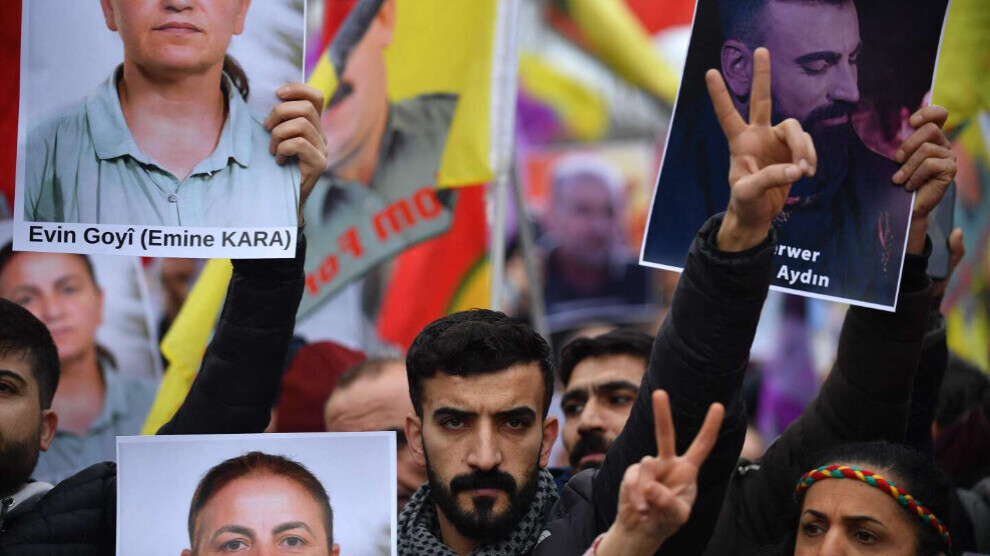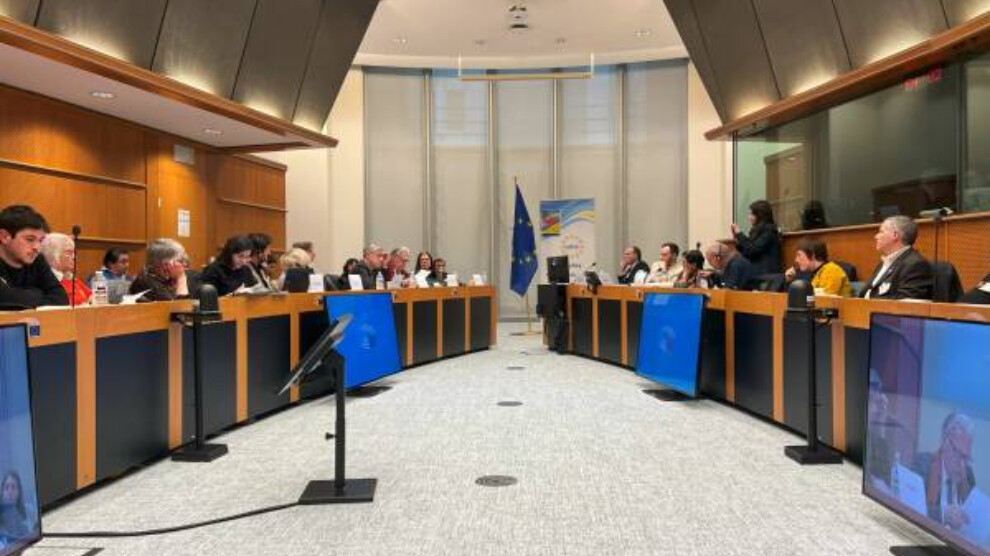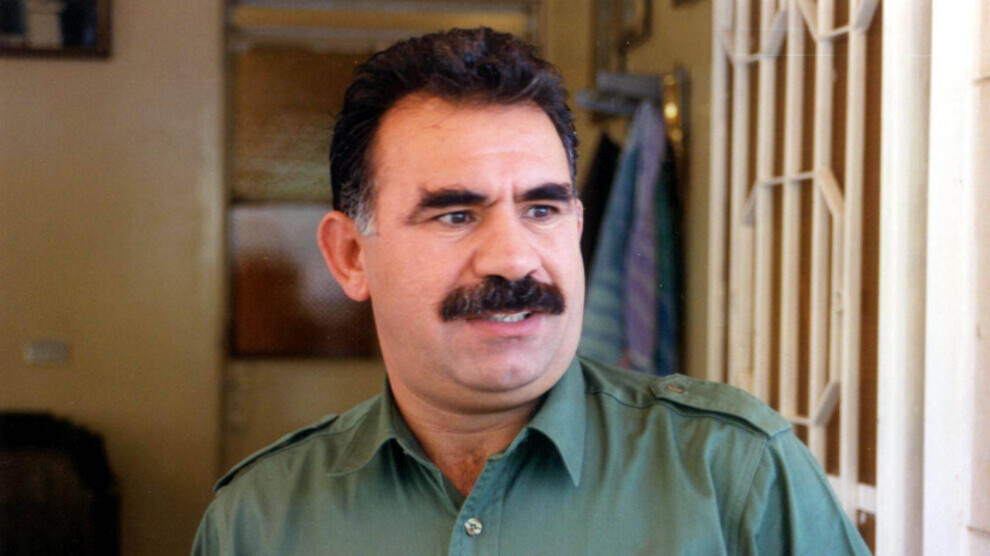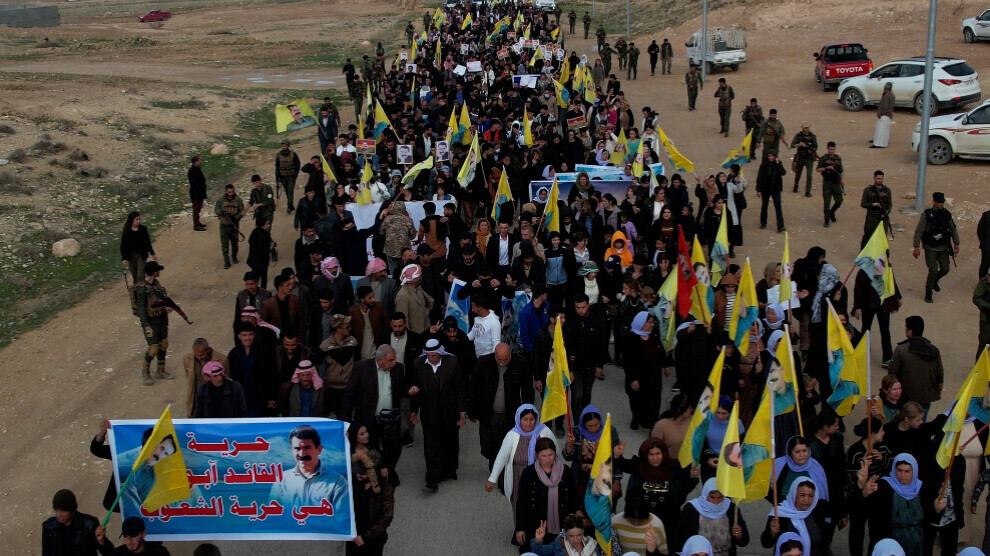Remote work in 2024: Should you earn less for working from home?

The question was at the centre of a recent survey and a significant number of European businesses are at odds with what employees want.
Remote workers could face lower salaries at European companies, as firms are eyeing opportunities to increase production and lower costs, according to the finding of a new survey.
Remote positions are quickly evaporating to be replaced by hybrid openings, while companies, including tech giants across the globe, are making headlines by ordering employees back to the office, in a reversal of a trend that many thought was here to stay.
A recent study published by spend management platform Pleo suggests that nearly one in five European small and medium-sized enterprises (SMEs) are considering cutting salaries for remote workers.
SMEs represent 99% of all businesses in the EU.
Thorbjørn Fink, Pleo's COO, told Euronews Business that companies “will be focused on cost savings during 2024”.
“Our report shows that 1 in 4 respondents see this as a topic for 2024,” he added. “But where such savings will come from is uncertain. Some (around 20%) mention reducing remote worker salaries as a way to achieve savings.”
Fink also noted that many of the companies surveyed could stand to improve their awareness of their own financial health and tighten their belts in other ways that don't involve cutting remote worker salaries.
“Some companies actually make a case for more remote working practices to reduce office costs,” he said, adding that it is essential that these SMEs get a “precise overview of how spending happens and make data-driven decisions”.
Euronews Business reached out to the office of European Commissioner for Jobs and Social Rights Nicolas Schmit to ask about any wider implications of such a move but did not immediately receive a response.
How would slashing remote worker salaries affect Europe's labour market?
The idea of paying remote workers less is not new, yet the debate keeps rearing its head, with one side arguing that remote workers’ lack of commute and freedom to live where they want could result in cheaper bills than those who work on-site.
Others say that remote workers are just as productive as their on-site counterparts and even reduce costs for employers, so their work should be compensated equally.
Dutch multinational HR consulting firm Randstad told Euronews Business that it is highly important to treat all employees equitably, regardless of their location.
“We have to make sure we create a level playing field, where all talent is treated in an equitable way to unlock better outcomes for both individuals and organizations,” the firm said.
Many business leaders have been vocal about their disdain for working from home.
British business magnate Lord Alan Sugar, known for his anti-work-from-home stance, said back in 2022 that those who remote work should be paid less. Other CEOs have also been very outspoken about the downside of remote work, with Goldman Sachs CEO David Solomon calling it an “aberration”.
Tech giant IBM recently urged managers to come to the office or leave their jobs; Dell and SAP have both ordered their employees back to the office, at least partially; L’Oréal has decided Fridays in the office are mandatory twice a month. The list goes on.
“2023 saw increasing conversations between talent and employers relating to flexible work and this debate is set to continue into 2024”, said Randstad. “Our data shows that over a third (35%) of workers are now expected to be in the office more now than six months ago, with just under half (41%) reporting that their employer has become stricter about office attendance in the past few months.”
Losing out on talent?
As more and more companies begin shedding remote jobs, recruitment agencies are warning that companies risk losing out on talent.
According to LinkedIn’s latest ‘Global State of Remote and Hybrid Work’ report, the demand for remote work by prospective employees has significantly outstripped supply growth. Their report conducted at the end of 2023 suggests that 50% of workers prefer hybrid and remote roles to on-site ones.
And they might not compromise on their workstation. According to Randstad, younger generations value work-life balance as highly as pay and have a strong desire for flexibility.
"It’s clear that some employers are pulling talent back into the office, but there’s a significant risk, as this pressure may lead to businesses losing out on talent who are not willing to give up flexibility,” the firm said. “We found that over a third (37%) of workers would consider leaving their job if they were asked to spend more time in the office. A quarter (25%) have even acted on this and quit their job because it didn’t provide flexibility."
The HR consulting firm said that “employers need to address flexibility in a way that also promotes culture, performance and engagement.”
Which country offers the most hybrid jobs?
Despite the high number of job seekers refusing to compromise on remote roles, employers are scaling back and turning to hybrid job offerings, as a sort of compromise between employees' desired flexibility and the company’s aim for attendance.
In December 2023, the ratio in the US was relatively low, with remote opportunities standing at one-tenth of the overall number of positions and hybrid roles at 13%.
In Europe, however, the ratio was quite high: In the UK, 43% of positions were hybrid options, while France had 31%. In Germany, 31% of the jobs posted on LinkedIn were advertised as hybrid positions.
Meanwhile, remote positions receive nearly five times the share of applications compared to jobs available, according to the business-focused social media platform.


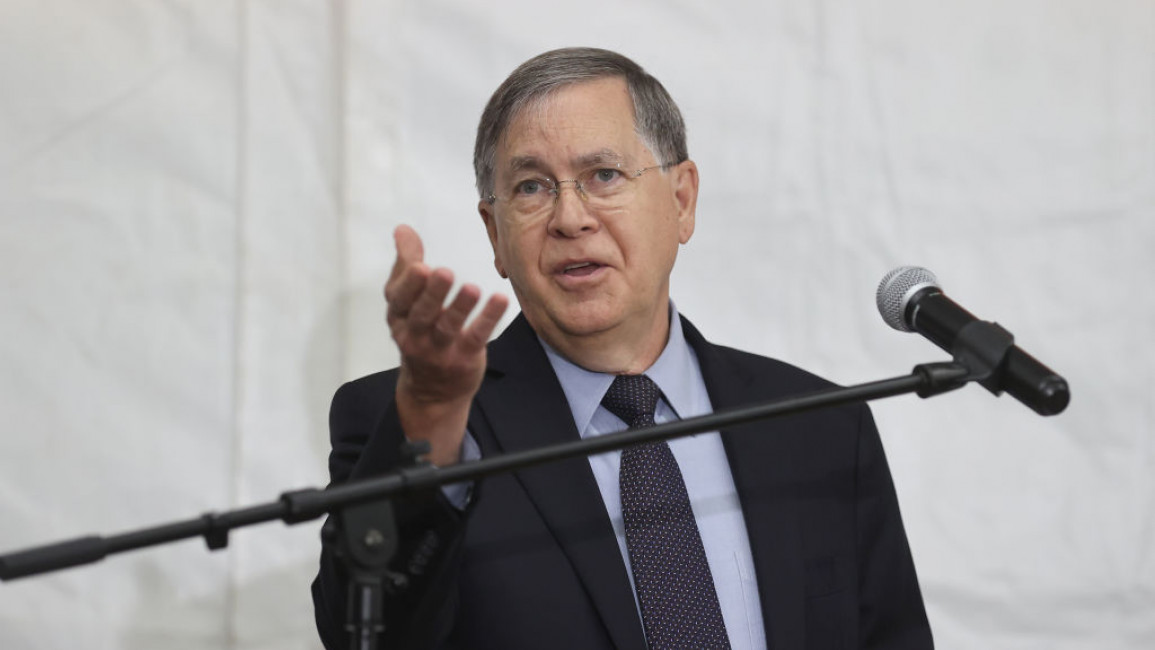
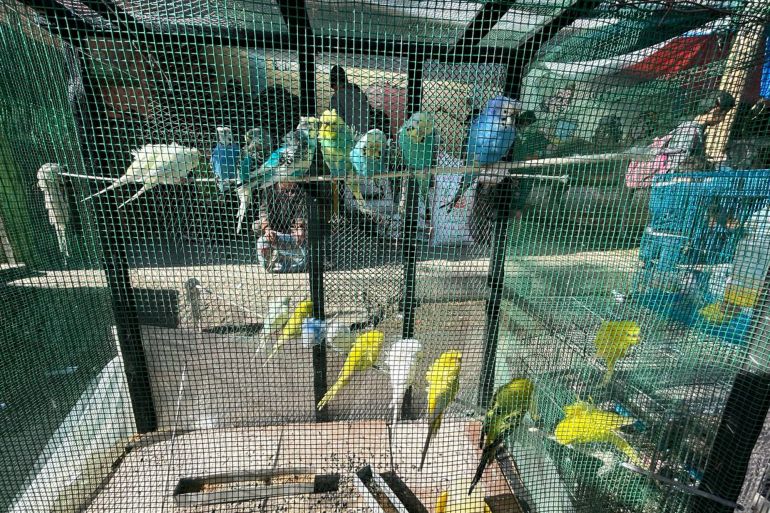

 Despite the cost, many parents have purchased birds to help distract their children from the horrors of war, and to drown out the sounds of bombs and drones
Despite the cost, many parents have purchased birds to help distract their children from the horrors of war, and to drown out the sounds of bombs and drones
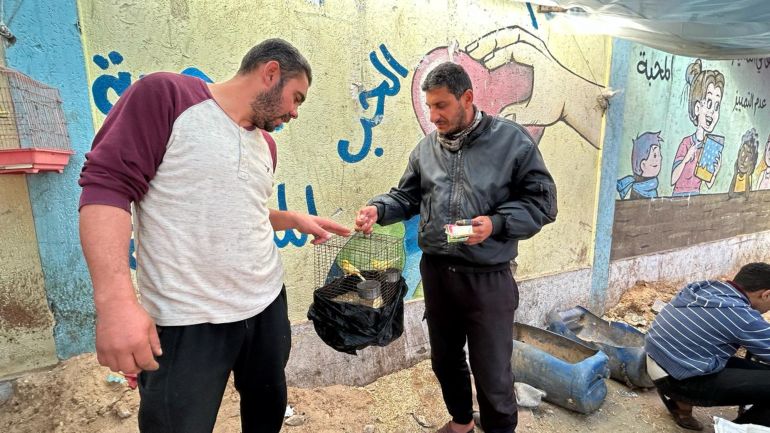 Bird-seller Dedar (left) agrees on a sale with Raed al-Qudrah, whose six children find solace in the chirps of songs. ‘The children’s mental health is paramount,’ he says [Mohamed Soleimane/Al Jazeera]
Bird-seller Dedar (left) agrees on a sale with Raed al-Qudrah, whose six children find solace in the chirps of songs. ‘The children’s mental health is paramount,’ he says [Mohamed Soleimane/Al Jazeera]
